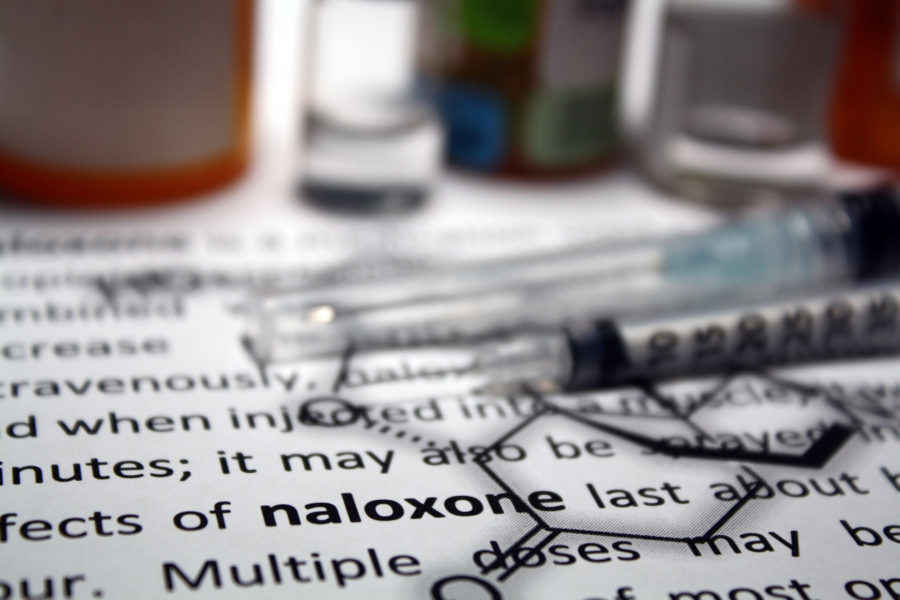
Disclosure of COVID-19 Information by Domestic Violence Agencies or Shelters
Legal Technical Assistance HighlightsCOVID-19Health Data Sharing and PrivacyDomestic ViolenceSocial and Community ContextThe COVID-19 pandemic has raised numerous questions with regard to public health reporting requirements. This guidance addresses whether domestic violence agencies or shelters have an obligation to report cases of COVID-19 to a state or local public health department.











